|
Science on Tap:
The COVID Edition
A monthly lecture series on Zoom that explores the latest discoveries in COVID-19 science and technology
Targeting Programmed -1 Ribosomal Frameshifting in COVID-19
Jonathan D. Dinman
Professor and Chair
UMD Department of Cell Biology and Molecular Genetics
Monday, November 9, 2020
7 p.m. EST
Zoom webinar
Registration is required
Register at go.umd.edu/SoK.
Questions? Contact Abby Robinson
at abbyr@umd.edu or 301-405-5845.
Subscribe to Receive Science on Tap Emails
ABOUT THE TALK:
COVID-19 is caused by a member of the Coronavirus family called SARS-CoV-2. This virus is thought to have emerged into the human population from a wild source, most likely bats, in Wuhan China in late 2019. Hence the name, COronaVirus Infectious Disease-(20)19. As of September 1, 2020, the World Health Organization has documented over 25 million cases and over 850,000 deaths. Coronaviruses have relatively large genomes for viruses, composed of a single strand of RNA approximately 30,000 nucleotides in length. These genomes encode a developmental "program" that can be generally divided into three stages: 1) Host cell takeover; 2) viral RNA synthesis; and 3) new virus production. They use a molecular mechanism called Programmed -1 Ribosomal Frameshifting (-1 PRF) to switch from Stage 1 to Stage 2 of this program. Prior studies with other viruses, including the closely related SARS-CoV, demonstrated that interfering with this switch inhibits viral replication. Here, we use molecular genetics and biophysical methods to characterize the SARS-CoV-2 -1 PRF signal, and find that it is nearly identical to that of SARS-CoV. We demonstrate that a drug that inhibits SARS-CoV -1 PRF also inhibits that of SARS-CoV-2 and preliminary data indicate that it inhibits virus production in cell culture, and preliminary small molecule screens have identified new candidate drugs that target -1 PRF. Our current research is focused on characterizing SARS-CoV-2 frameshifting using a complementary suite of biophysical, molecular genetics, and virological approaches.
ABOUT THE SPEAKER:
Dr. Jonathan Dinman is a professor and the chair of the Department of Cell Biology and Molecular Genetics at the University of Maryland. He is also a member of the Program in Oncology at the University of Maryland Marlene and Stewart Greenebaum Cancer Center. He received his A.B. in philosophy from Oberlin College, and earned his Ph.D. in immunology and infectious diseases from the Johns Hopkins Bloomberg School of Public Health. His research leverages a naturally occurring molecular mechanism called "programmed ribosomal frameshifting" to understand how cells translate the genetic code with high fidelity, and how this process can be subverted to regulate gene expression. This basic molecular mechanism impacts a wide range of interests, including development of novel biodefenses against highly pathogenic viruses, elucidation of molecular structure/function relationships, and revealing the underpinnings of numerous human diseases including cancer, blood diseases, birth defects and brain disorders. He has published over 100 peer-reviewed original research articles. He is the recipient of numerous honors and awards including the Thomas Alva Edison Patent award and an NSF Advance Fellowship.
This event is sponsored by the UMD College of Computer, Mathematical, and Natural Sciences and its Alumni Network. |






